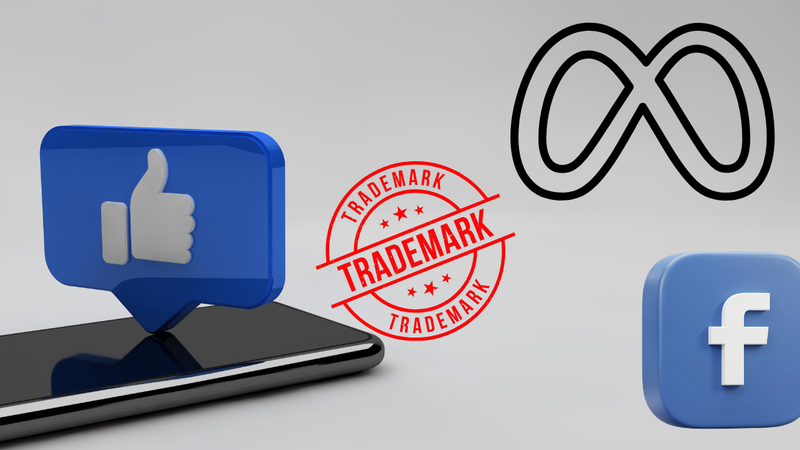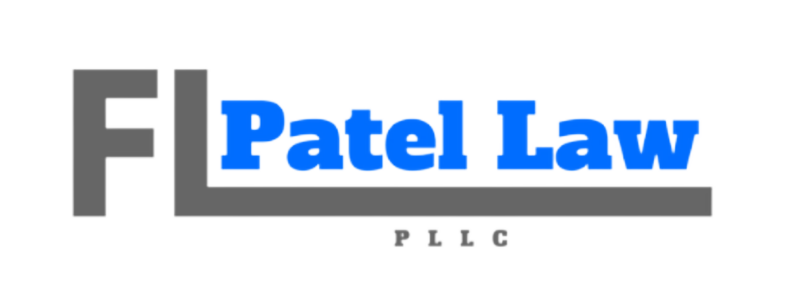
Facebook's "Meta Platforms, Inc.," Sued by "METAx LLC" Over "Meta" Trademark

Tampa Trademark Attorney
Author

What the Lawsuit Against Facebook's Parent Company 'Meta' Means for You
It's a David-versus-Goliath story for the 21st century - just one year after rebranding as Meta Platforms, Inc., more commonly known as just Meta, Facebook's parent company is staring down the barrel of a trademark lawsuit over the use of the name Meta. A complaint filed on behalf of METAx LLC on July 19 of this year alleges that Meta Platforms has "brazenly violated" their trademark rights, engaged in unfair competition, and caused significant, irreparable damages that threaten to "obliterate [their] small business."
Trademarks exist to prevent customers from confusing one brand with another, and to help protect a business's intellectual property from being misused by another party. Meta Platforms is accused of violating both of these principles, and with over $450 billion to their name, has disproportionate resources to defend themselves when compared with the underdog METAx LLC.

METAx LLC has over a decade of experience in using virtual and augmented reality technologies to enhance and facilitate live events. Their past clients include such companies as Microsoft, Red Bull, and many other big names, and their event credits include South by Southwest and Coachella. Since Facebook's rebrand, however, METAx LLC owner Justin Bolognino says that his company has been "completely decimated."
Meta Platforms is accused of poaching artists from METAx LLC. Both companies offer "drastically identical services" according to Bolognino. His attorney, Dyan Finguerra-DuCharme, says that consumers now frequently mistake METAx LLC's marketing and promotions for Meta Platforms in a case of reverse confusion.
Reverse confusion, also known as forward confusion, occurs when a party uses extensive marketing campaigns associated with a trademark previously registered by another party until the public incorrectly associated that trademark with the new company. This effectively allows the new party to benefit from the foundation of publicity and goodwill laid by the rightful owner of the trademark.
Finguerra-DuCharme says that she immediately reached out to Meta Platforms after Facebook's announcement that the company would now be operating under the same name as her client's company. This instance of reverse confusion couldn't be a simple mistake, the complaint alleges, as Facebook was aware of METAx LLC's existence in 2017. Despite Figuerra-DuCharme's best efforts, the dispute was unable to be resolved, even after eight months of attempted negotiations.
This case is another important reminder that companies should keep a close eye on their registered trademarks. They should also perform clearance searches when looking to register a new name, especially if that name is a part of a rebranding effort. Either way, avoiding trademark infringement is the name of the game, as infringement litigation is a costly and lengthy endeavor. It's often less expensive for one company to pay another to change their trademark name than to fight for that right in court.
METAx LLC is seeking unspecified damages, and is also asking the court to bar Meta Platforms from continuing to use the Meta name or logo. The burden will be on Meta Platforms to prove that their use of the "Meta" trademark isn't responsible for the public's confusion of METAx LLC's services with their own.
Consistent and proactive monitoring of your trademark after registration is as important as clearing its use before registration. An experienced trademark attorney can help with both of these responsibilities and much, much more. Contact FL Patel Law's Tampa Bay Trademark Attorney to learn how by visiting our contact page or by calling us at (727) 279-5037.
